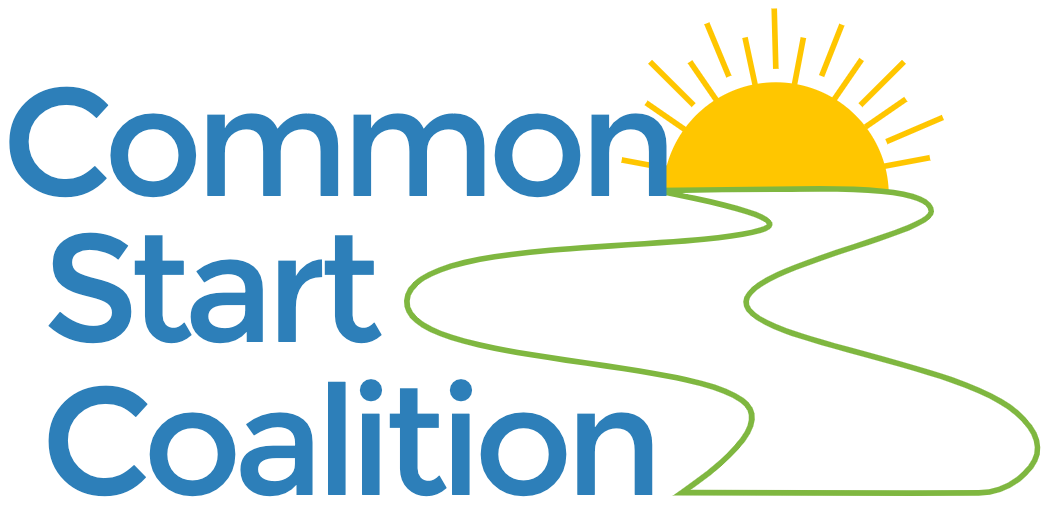Diane G. - Center Administrator
I was employed in child care starting in 1989 and held every job possible. I was an administrator from 2006 to 2019. A married mother of four children the last born in 2003. I recently left the field to work as a Staff Associate for Bristol Community College to the Early Childhood Education and Care Pathways Grant. I left the field because my passion of changing Early Childhood Education for the better could not be accomplished as an administrator.
A major problem is the injustice to Early Childhood Educators who love the field but can’t survive making poverty level wages. Being in and out of many organizations, the educators backs are against the wall. Many are forced to work past their scheduled hours with no notice, use their own dollars for supplies and go years with no pay increase. I’ve seen sick workers have to report to work and/or bring in their sick children who may attend the center. There are no substitutes and ratios must be met. Worse still if they have children of their own, they have to pay for their child to attend and bring home even less.
Early Childhood Educators are placed in a very difficult position between state ratios and regulations, shortage of staff with no help, and pressure from those who employ them. Companies and organizations can place unfair expectations on workers in order to make profits or break even. Relationships between supervisors and educators become strained when the need to keep children in the center for monetary purposes are a priority. There is no one to empathize or back up the teachers side of things when behaviors which can throw a classroom in disarray and maybe too much to deal with, fall squarely on the educators. They are held to a standard which we see in public schools but sometimes can’t take breaks due to not enough coverage and very rarely if at all get time to do paper work or curriculum.
The largest problem is the lack of respect for Early Childhood Educators all around. There is a form of oppression when those who make poverty level pay are looked down on more than almost every other profession. They are expected to pay for education, sometimes uniforms, trainings, cpr/first aid possible supplies, or even donations to organizations tied to their employers when they can’t cover their own standard of living. It is in fact unfair that educators who do not make enough money are expected to pay upfront for fingerprinting which is a job requirement, only to wait to be reimbursed if it’s available or spend funds on gas to drive back at night for monthly meeting which are mandatory but can barely afford the gas needed to get to work daily.
